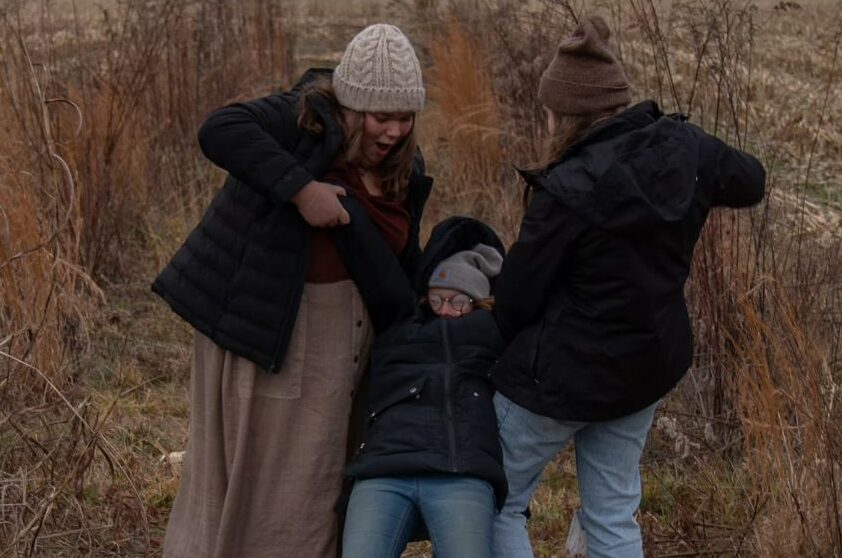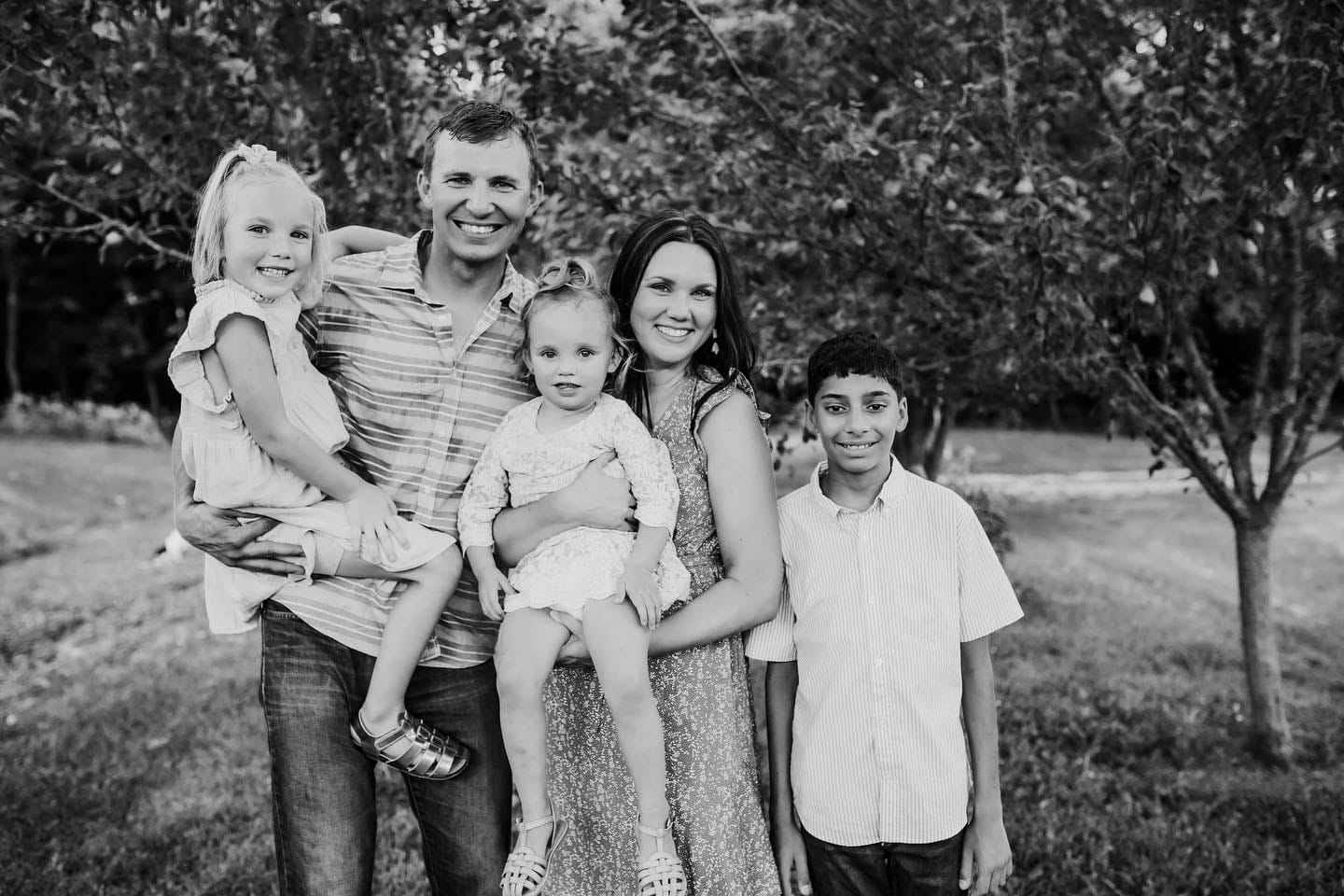
Written by: Kimberly Stewart
Color photos courtesy Kimberly’s Instagram, B+W Photo: The Archibald Project from the Stewarts 9th visit to Haiti to bond with their son, 2012.
My words today will fail to express the learning journey I have been on in regards to transracial adoption. I am at a very different place today than I was, 8 years ago, when we started the journey of adopting our son from Haiti. So, for now, I offer you these words, my vulnerability and my process amidst this journey. I do not have all the answers to give you and I am not the expert.
I have learned that my narrative, my own culture and having a historical awareness are all important tools to inform my journey now and ahead as an adoptive, white parent to my Haitian, Black American son. Awareness and continual learning about white privilage are imperative for raising my family.
When it comes to transracial adoption, there is a story that has been written and accepted by many White Americans. It speaks of heroes who rescue victims. This narrative is toxic both for the parent and the child. Just because we may have the means or ability to adopt a child does not mean we are heroes. Just because a child is in need does not mean they are victims in need of rescue. We must move forward with a true narrative that uplifts both of us. We are not heroes because we have had privilege and access to more resources. Children who need adoption are not victims who needed our rescue. I believe that we are both in need of rescue and my family believes our God is the only true rescuer.
As White parents, we must be aware of our whiteness as a culture and how it is playing a role into our parenting, daily life and instruction of our children. You must stay in the tension of knowing your own culture while highlighting and emphasizing your child’s culture.
My husband and I often ask our friends of color to help point out where our own culture is informing us. As we recognized our whiteness as a culture, rather than the false normal we grew up with, it is easier to recognize and separate our cultural dominance and recognize when it is hindering the discovery for our children to see their own culture as good and right.
Our children will be bicultural, so we must be intentional to de-center whiteness and keep it from being the standard they must become.
Whether you are adopting internationally or domestically from another ethnicity, you must understand what the history of your whiteness and their ethnicity entails here in America. This is not an option for you. We must acknowledge this history and seek to do all we can to do justice and dismantle this current reality all Black Americans and our children will face.
I remember my neighbor (who was African American) and I driving and talking about my son. I kept talking about how I wanted to keep his Haitian culture highly important and wanted him to be proud to be a Haitian American. In response, she asked me a hard question. “Have you thought about how he will also be a “Black American?”. I didn’t like her question. In fact, I responded with, “He is not a Black American, he is a Haitian American”. I was missing the point. What she was asking was, did I understand how he would be viewed in America due to the narrative from our history and was I prepared to help him navigate that?
That began the journey for me to dig deeply into my own fears for him and biases that I had never processed before. It sent me on a journey to seek understanding race in America. As white parents, we will never be able to “step into our kids shoes” to fully empathize, but we can acknowledge the history that has created a narrative in our country that they will feel from the moment they step into our home. We can help inform them and equip them to face what is false with what is true.
How is your home serving your children in their identity as a person of color? If you are a white parent who has a child of color, please intentionally and proactively pursue community that looks like your whole family, not just like you. This is a must. Does your child often wish they were white, like you? Your child will not believe you, that they matter and that their ethnicity is good and right, unless you show them how you value their skin color and history in your whole life.
For us, this has looked like pursuing genuine community with those whom our son can identify with, not only those that we identify with. If you are considering adopting a child of a different race and do not have people of that race around you to help you in parenting, then wait until your life is authentically representing your child.
My husband and I are not heroes. Our son is not a victim or the villain. We have been given a gift to steward. Together as two cultures, we honor one another and seek to highlight the beauty of both of us while looking forward to the day when every tribe and tongue will be singing around the throne to Jesus our Lord.
As I think of our future as a multi-cultural family, I have hope, but I can not rest or shrink back. I must continue ahead being intentional and engaging in the process and growth for all of us. The struggle will be difficult, but it is worth it. So onward we go.
Resources we encourage you to look into:
There are many resources to help you know the historical narrative around race in America. Here are few:
“So You Want to Talk about Race” by Ljeoma Oluo
“Stamped from the Beginning” by Ibram X. Kendi
“Why are All the Black Kids Sitting Together in the Cafeteria? by Beverely Daniel Tatum, PhD
Understanding whiteness:
“White Awake” by Daniel Hill



